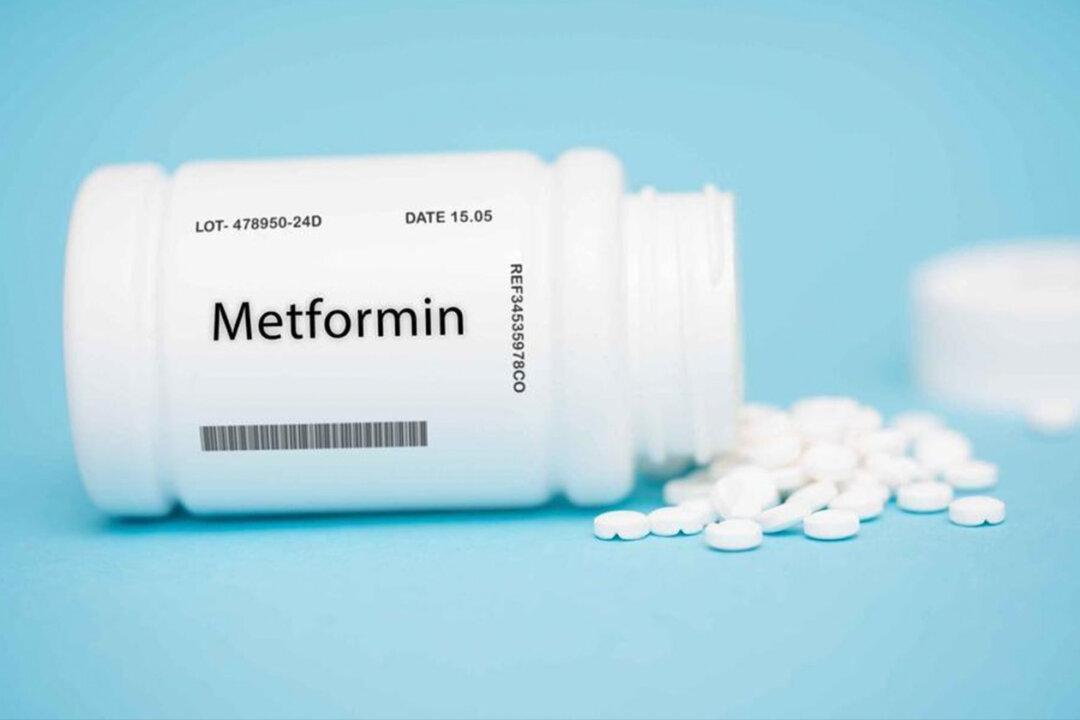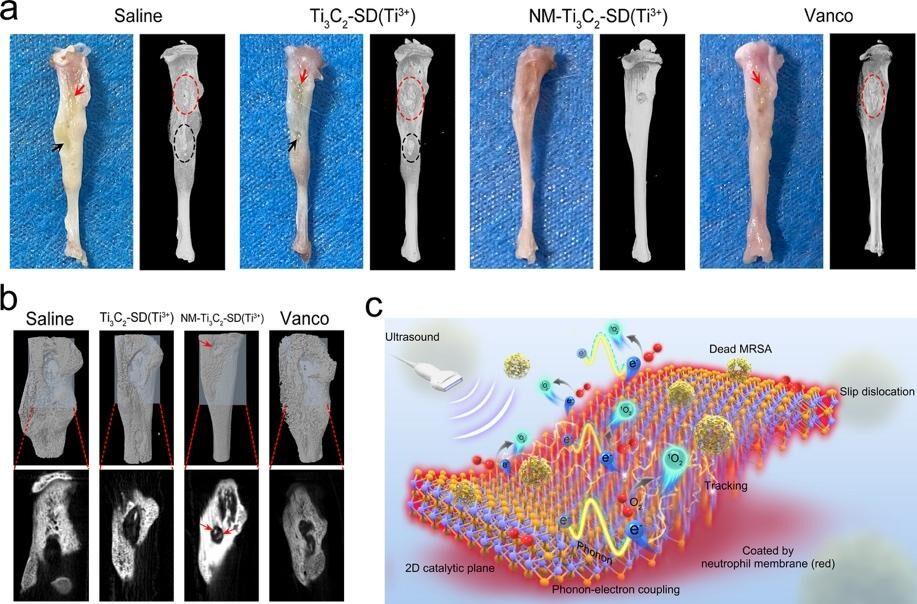A research team from the Li Ka Shing Faculty of Medicine at the Chinese University of Hong Kong has developed a new delivery system for thyroid hormone (TH) using nanoparticles modified with an adipose-homing peptide.
This system selectively transports TH to adipose tissues, which could advance the treatment of obesity-related medical complications and reduce the adverse effects caused by systemic administration of TH. The study results have been published in Nature Communications.





